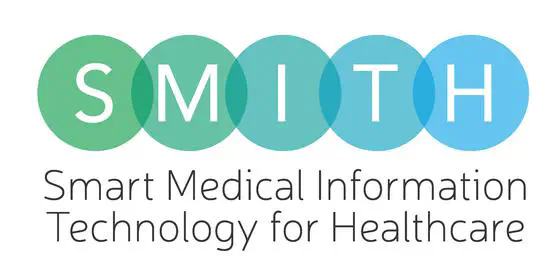
ACRIBiS
Medical professional societies recommend personalized risk assessment tools to tailor prevention, diagnosis, and treatment of cardiovascular diseases. However, implementing these recommendations in clinical practice in Germany requires improvement. There is a lack of technical infrastructure to integrate relevant clinical information from various sources, insufficient standardization and structure in electronic health records for data capture, and challenges in data exchange, hindering automated individual risk calculations.

AutoPilot
Blood donations are needed as blood products for surgeries and to treat diseases. In view of the declining willingness to donate and the demographic development in Germany, an increasing shortage of donated blood is to be expected in the future.

CALM-QE
CALM-QE is a project focused on addressing the challenges posed by Chronic Obstructive Pulmonary Disease (COPD) and bronchial asthma (BA), two prevalent non-communicable pulmonary diseases with significant socio-economic implications. These conditions are influenced by intricate interactions between genes and the environment, resulting in diverse phenotypes and endotypes that can overlap between COPD and BA.

GeMTeX
The main aim of GeMTeX is to create a large annotated text collection of German medical medical texts from daily patient care. With the consent of patients’ consent, the plan is to collect documents from the electronic health records (ePA) from six university hospitals.

INTERPOLAR
Older people in particular often take several medicines at the same time. This can lead to undesirable drug side effects and interactions. Consequences can be additional clinical pictures and need for therapy.

OMI
Open Medical Interference (OMI) is a project in the second funding phase of the Medical Informatics Initiative (MII) consortia and aims at enabling the usage of remote artificial intelligence (AI) services.

PM4Onco
The PM4Onco project aims to establish a long-term infrastructure for integrating and analyzing research and healthcare data, advancing the implementation of personalized cancer therapy in clinical practice. PM4Onco, which stands for “Personalized Medicine for Oncology,” refers to new therapies that specifically target cancer based on its individual characteristics.

SMITH
The SMITH project started in 2018 with the goal to make medical data generated in everyday clinical practice available to medical research in a standardized form. Patients benefit from reliable research results, more precise diagnoses and better treatments.

WisPerMed
Due to the increasing digitalisation in medicine, more and more data is becoming available. Yet, the challenge is to make the knowledge contained in this data available and usable at the point of care, especially, when making therapy decisions.